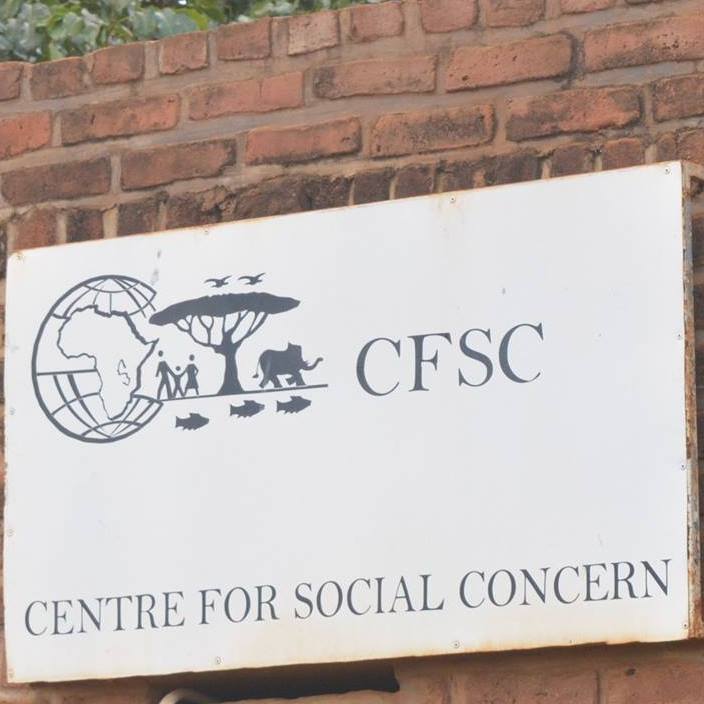CFSC Publishes its First Quarter Rural Basic Needs Baskets Report
The Centre for Social Concern (CFSC) has published its anticipated 2023 First Quarter Rural Basic Needs Report. According to the report, CFSC highlights that the cost of ideal food items that make up to 1800 kilocalories was highest in the month of June 2023 at K125,900 in TA Mmbelwa as compared to other areas. TA Maseya in Chikwawa recorded the lowest at K94, 190.
The report further highlighted that in March, in an ideal household in Mzimba, there was supposed to have K125,900 to buy food items which could have provided minimum kilocalories of 1800. The average monthly income however of K80,570 for Mmbelwa was not enough to achieve this.
CFSC added that the cost of living, which is a summation of ideal food cost and non-food cost, was the highest (K198,025) in TA Kanyenda, Nkhotakota; and the lowest in Chikwawa (K169,490). This means that Nkhotakota households were supposed to have K198,025 to buy both food and non-food items but managed to get K80,570 only, from different sources of income.
It has been further reported that during lean period, when most households do not have enough food, they follow some coping mechanism to ensure that they do survive. TA Maseya had the largest number of households who abandoned their fields to work in other peoples’ fields as casual labour in order to be paid cash or getting food items; while only 10% of households from TA Mmbelwa in Mzimba worked in other people’s fields as one of the coping mechanism for survival. CFSC further added that 51% of the households in TA Tambala in Dedza reduced portions of the meals so that their food would last longer. It has also been recorded that 50% of households in TA Tambala reduced the number of meals per day in order to allow food reserves to take them more days to survive. It is in the same TA Tambala area where 41% of the households reduced adult consumption of food just to give room for their children to have enough food.
The report indicates that Kilocalorie Intake Kilo calorie (energy) intake is one of the indicators of household food security. Kilo calorie intake of less than minimum requirement of 1800 per person per day as per UN’s FAO recommendation, is an indicator that the household is food insecure. Households from both TA Tambala in Dedza and TA Maseya did not consume enough food that could have given them a minimum of 1800 Kcal. TA Tambala and TA Maseya got 1545 and 1782 Kcal respectively.



